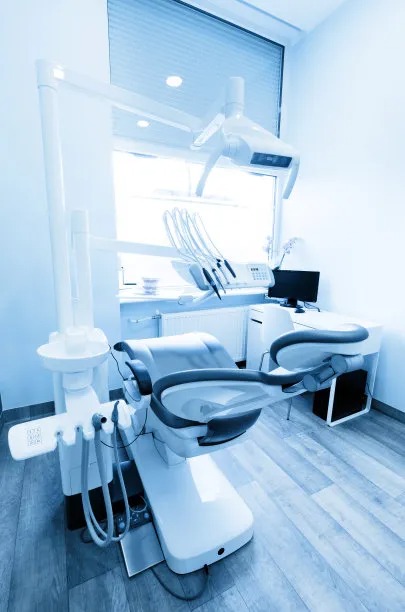Essential Precautions and Care Tips Before and After Dental Filling Procedures for Optimal Oral Health
Summary: Dental fillings are essential for restoring teeth affected by decay, cracks, or other damage. Proper precautions and care tips both before and after the procedure are crucial for optimal oral health. This article outlines essential considerations, including preparation strategies, aftercare, dietary recommendations, and recognizing signs of complications. By following these guidelines, patients can ensure a smoother dental experience and protect their oral health effectively.
1. Essential Preparations for a Filling Procedure

Before undergoing a dental filling, it’s vital to prepare adequately. Schedule an appointment for a comprehensive dental check-up, where your dentist can assess the extent of decay and discuss the type of filling material best suited for your needs. This ensures you understand the procedure and expectations.
Make sure to inform your dentist about any allergies or medications you are taking. Certain medications can interfere with dental procedures, and knowing your medical history helps the dentist tailor the approach accordingly. This proactive communication minimizes the risk of complications during treatment.
Additionally, plan your visit appropriately. If you can, schedule your filling on a date when you can take it easy afterward. Some people experience numbness due to anesthesia, making it challenging to eat or speak right after the procedure. Ensuring you have time to recover can lead to a more comfortable experience.
2. Aftercare for Optimal Healing
After getting a dental filling, proper aftercare is imperative to ensure optimum healing and longevity of the filling. Initially, avoid chewing on the side of the mouth where the filling is located until the numbness fades. This prevents accidental biting and injury to your tongue and inner cheek.
Follow any specific aftercare instructions provided by your dentist, which may include using over-the-counter pain relievers to manage discomfort. If you feel prolonged pain or sensitivity beyond the first few days, reach out to your dental care provider for advice and potential adjustments to the filling.
Maintaining oral hygiene is crucial even after a dental filling. Gently brush your teeth twice a day and floss daily, but be careful around the newly filled area. Keeping the area clean helps prevent further decay or complications and supports the overall health of your teeth and gums.
3. Dietary Recommendations After Filling Treatment
Your diet can significantly affect the success of your dental filling, especially right after the procedure. Avoid consuming hard, sticky, or crunchy foods for at least 24 hours to minimize the risk of dislodging or damaging the filling. Soft foods like yogurt, mashed potatoes, or soup are excellent alternatives during this recovery period.
It is also advisable to stay away from very hot or cold foods and beverages, as they may cause sensitivity around the filling. Opt for lukewarm meals to maintain comfort and prevent any undue stress on the newly treated area. Gradually reintroduce your usual diet as your mouth heals, but continue to be gentle.
Moreover, cutting down on sugary and acidic foods can help ensure the longevity of your filling. Such foods can promote decay and diminish the integrity of the filling material. Prioritize a balanced diet rich in vitamins and minerals to support oral health and overall well-being.
4. Recognizing Complications and When to Seek Help
Despite following precautions and care tips, some complications may arise after dental fillings. It is essential to recognize the signs of potential issues, such as prolonged pain, swelling, or an uncomfortable feeling while chewing. These symptoms could indicate that the filling needs an adjustment or that other dental issues exist.
Additionally, sensitivity that persists after the initial healing phase may signify a deeper problem, such as nerve damage or ongoing decay. If you experience increased sensitivity to hot or cold stimuli, it is crucial to consult your dentist promptly to avoid severe complications.
If the filling appears to be loose or if you notice any changes in your bite, dont hesitate to seek professional advice. Catching problems early can save you from more extensive dental work in the future. Regular follow-ups with your dentist post-treatment can ensure lasting success and oral health.
Summary:
Following essential precautions and care tips before and after a dental filling procedure significantly benefits your oral health. Proper preparation, diligent aftercare, mindful dietary choices, and awareness of complications facilitate successful outcomes, minimizing discomfort and maximizing your dental health.
This article is compiled by Vickong Dental and the content is for reference only.



